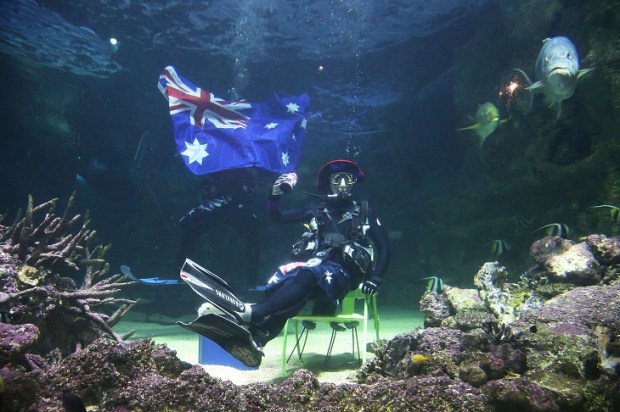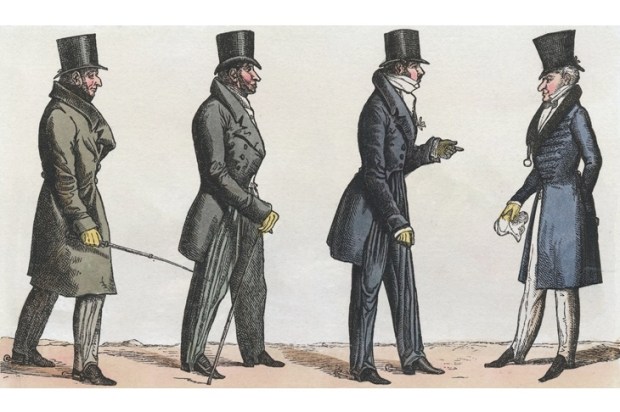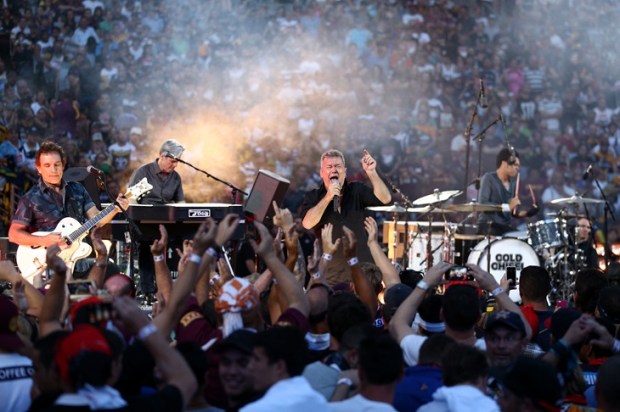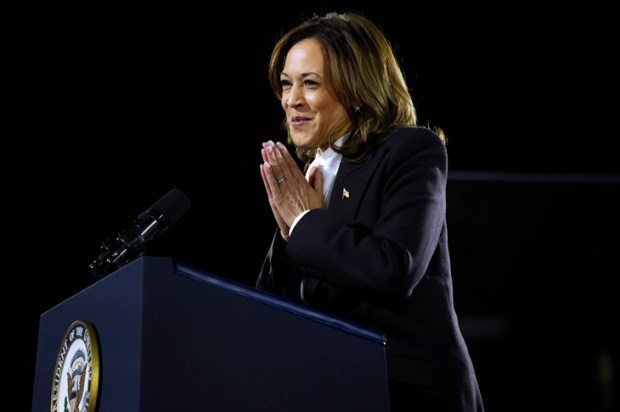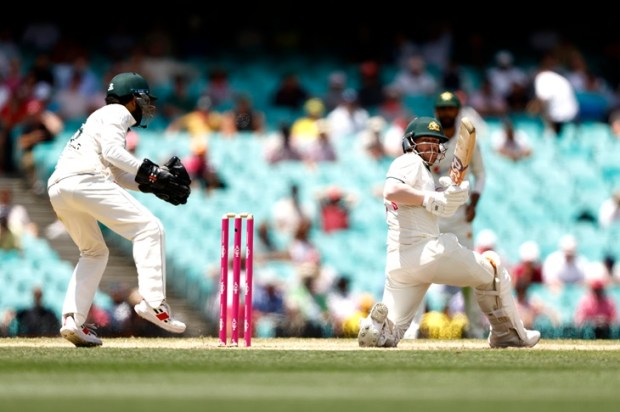In a world where positivity is encouraged, it is only natural to have a bias towards the word ‘Yes’. ‘Yes’ is a lovely word. ‘Yes’ to a child means another cookie. For newly-weds, it can mean a successful mortgage application. ‘Yes’ was chosen as the slogan for an Australian telecommunications company. ‘Yes’ fits comfortably in our permissive, consumerist, rapidly progressing society. Yes, yes, yes…
‘No’, on the other hand, faces an uphill battle. ‘No’ means ‘no more cookies’. ‘No’ means romantic rejection. ‘No’ means I’m too tired to go out tonight. ‘No’ is just so … negative. What sort of consumer business would have ‘No’ as its slogan? Maybe Nicorette.
But ‘No’ is a very important and useful word. Well understood when it comes to sexual consent, it has a self-referential meaning. ‘No’ means ‘No!’ A word that defines itself is solid.
Brought up by my parents to be thoughtful, sceptical, and analytical, I’ve tended towards the wishy-washy where I try hard to view issues from different perspectives. On complex subjects like economics, ethics, and politics, I have used depth to delay commitment. Call it a prevaricating vein. We had lively, robust debates around our dinner table where devil’s advocates were welcomed and issues often went unresolved as more shades of grey were revealed. These were more likely to fizzle out over dessert than to reach a clear answer. I think that is a healthy way to go.
But in real life, there come times when we need to put pen to paper, to sign on the bottom line, to tick a ballot sheet. We are approaching one of the most significant of those times when all Australians will be asked to say ‘Yes’ or ‘No’ to an Indigenous Voice to Parliament. ‘Yes’ or ‘No’. No wonder it’s polarising…
None of us is allowed to answer, ‘Well, yes, sort of, maybe. I like some of it, but can you hold the pickle and give me extra cheese?’ Nor will we be asked how likely are we to recommend the Voice to a friend or family. To my preference, it would be nice if we could say ‘Yes’ to recognition but ‘No’ to the Voice, but politicians know a trick or two. It’s a two-for-one deal, hitching a Trojan donkey to a Clydesdale and I’m saying ‘No’!
Posting my intentions online, friends have asked if I’ve been hacked? ‘No’. Has my brain stopped working? ‘No’. I was finding I was starting to use the word a lot. And it was starting to feel good. It was strengthening my conviction. No, no, no…
I wasn’t just sensing a preference. To use the horrible language of modern ad campaigns, I was finding my ‘No’. I discovered my line, my fence, the wall around what I’m convinced is worth protecting. That being, at least in ideal form, that every citizen in our country has an equal say in our representative government, an equal number of votes (one), and equal rights under the law. That is why this well-intentioned (maybe) proposal is about so much more than Indigenous Australians. Australia today is either a modern, multicultural democracy or it isn’t. That is really what we are saying ‘Yes’ or ‘No’ to. It is momentous.
People will say I’m exaggerating, but if people believe that unbalancing the ship of state won’t lead to troubled sailing ahead, they are dreaming. Indigenous people represent a difficult to define group of Australians, hence the need to elevate ‘identification’ over reality. There will be much conjecture and conflict regarding who is selected to represent them. Indeed, who is being represented.
‘Jacinta Price doesn’t speak for my people,’ says Lesley Turner of the Central Land Council in The Guardian. Well, who says that she does? She is one of the people and Indigenous people are not an homogeneous group. That’s kind of why we have democracy. If someone can explain to me why actress Tasma Walton should have a greater say in national affairs than me, I’m all ears. Anthony Albanese doesn’t often speak politically for my people, but I accept that he is the Prime Minister. Be assured, in the ever-expanding Venn diagram of intersectionality, it won’t be long before another blurrily-defined ‘my people’ start staking their claim to a privileged Voice.
In some form or another, the political left has actually been saying ‘No’ for some time. When I am simply accused of being a racist, they are saying ‘No’ to reasoned debate. When they say my views are just allegiance to an organisation or paid for, they are saying ‘No’ to independent thinking. When they tell me how simple it really is, they are saying ‘No’ to listening to nuances and counterpoints. Perhaps that’s why governments haven’t been good at listening to Indigenous voices all this time. Despite attempts to mythologise it as grassroots, the Voice is closer to the top-down paternalism of the missionary variety than true democratic participation.
In the face of all this self-righteous blocking, I have found my voice. It is not a voice that screams and shouts, but one that holds it ground. ‘No’. Not everything that is seen as progressive is inherently good. Some good things exist already and are worth being conserved, including for the benefit of Indigenous Australians. The evidence for the value of democracy surrounds us every day, perhaps taken so much for granted that we risk losing it in complacency.
Do I support constitutional recognition of Australia’s original inhabitants? ‘Yes’. Do I want to see Indigenous Australians thrive and flourish in our nation as much as anyone else, on their own terms and values? Of bloody course. Do I think the Voice is the way forward for this? ‘No’. Will I be voting for it? ‘No’. The best way forward in my view is summed up by the advocacy of Nyunggai Warren Mundine with his emphasis on education, community, business enterprise and involvement, house ownership, and cultural pride. But, like Jacinta Nampijinpa Price’s, his is ‘not the right’ Aboriginal voice.
What incredible times we live in. And I don’t mean incredible like a good hamburger. I mean almost impossible to believe. Riding the post-election wave of visceral dislike for Scott Morrison, the newly elected Prime Minister has felt his own mandate to grant one loosely-defined group of Australians a privileged voice while proposing legislation to take away that of others, through his Orwellian misinformation laws whereby citizens can be censored and fined for sharing the ‘wrong’ opinion. Schooled in postmodernism, the left argues there is ‘No’ objective truth, but let us tell you what it is. By their own philosophical admission, this is about power, not truth.
Both proposals are dangerous. Both are undemocratic. And both are being slipped through by ‘nice guy’ Albanese as a sort of modest, feel-good counter to the Morrison years, while the people are distracted by the cost of surviving.
At least, regarding the Voice, it is happening through democratic means, where every one of us has the opportunity to say the word that can protect that democracy: ‘No’. In light of the latter, I encourage you to practice using the word while you still can.


